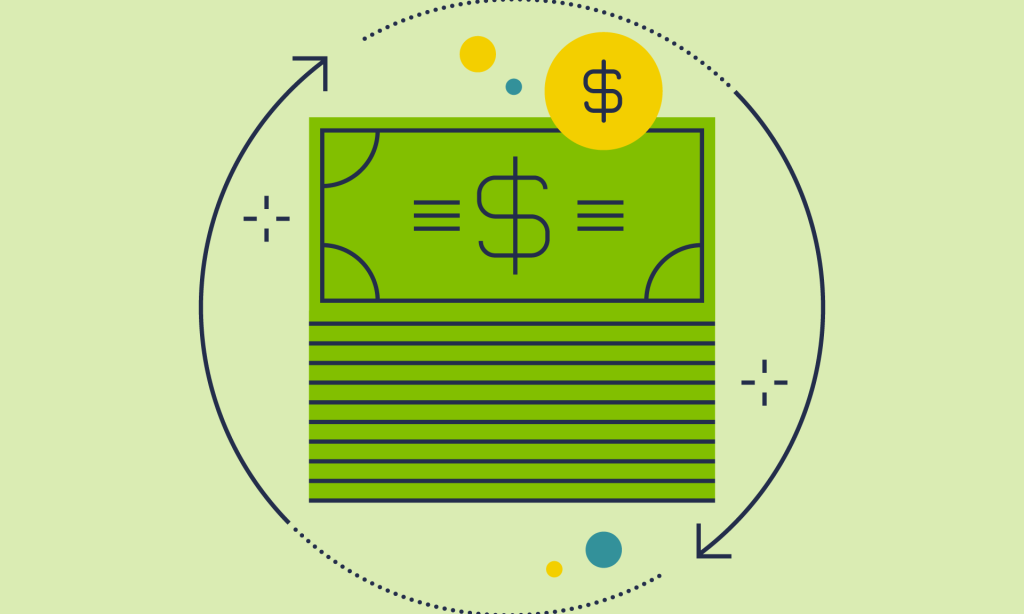

 Article
Article


To buffer the effects of the pandemic on the economy, the U.S. Congress has enacted a number of bipartisan COVID-19 related bills, including the CARES Act, which got a few things wrong. Darden Professor Anton Korinek shares insights on how to improve targeting and overall effectiveness of federal aid during large-scale crises.
David Touve, senior director at the University of Virginia Darden School of Business Batten Institute, recently answered five questions on Section 230, the controversial law that many say helped create the internet as we know it.
Long before the coronavirus pandemic, advances in information technology were already fueling the rise of a handful of superstar firms that dominate the economy. COVID-19 has greatly accelerated that trend. Darden Professor Anton Korinek explores the implications of the superstar phenomenon for overall economic efficiency and, by extension, policy.
The coronavirus pandemic of 2020 has hit global trade and investment with devastating force and speed. Why did the world fail to learn the lessons of SARS, H1N1 or other major disruptions? What’s behind the fragility in supply chains that can derail global trade and transactions when the unexpected strikes? How can we guard against future shocks?
COVID-19 is a disaster for public health and the economy. Yet there may be a glimmer of a silver lining for the natural environment: By year end, the globe may see the biggest dip in carbon emissions on record. Investment in next-generation clean energy now could restore jobs, provide new ones, drive economic growth and lock in environmental gains.
Long before the coronavirus pandemic, advances in artificial intelligence (AI) were already causing unprecedented changes in work and business. Now, the world’s top thinkers on the economics of AI — Daron Acemoğlu, Diane Coyle, and Nobel Prize winner Joseph Stiglitz — are drawing new lessons from today’s crisis.
Darden Professor James Naughton calls the situation facing multiemployer pensions — plans in which workers from various employers pay into a single plan — a disaster, largely due to a combination of inadequate funding and risky investing. The impact of the chronic underfunding could be far-reaching.
While the long-term economic consequences of the pandemic are unclear, we do know that many small businesses are struggling, particularly vulnerable because of how they’re financed — especially minority-owned small businesses, which are more likely to be denied loans and pay higher interest rates. How to boost their chances? Shorter pay terms.
Does fiscal stimulus raise interest rates and tighten credit markets, as theoretical models of the macroeconmy predict? New research shows what the real effect of government spending is on the U.S. economy — and what high levels of inequality have to do with the interest rate response to fiscal stimulus.
Businesses large and small are in a fight for survival as the coronavirus pandemic brings economic activity to a near complete standstill. Professor Greg Fairchild provides insights on what small businesses can do to survive months of lost revenues amid mounting costs and what they can do now to thrive in whatever the "new normal" for commerce.